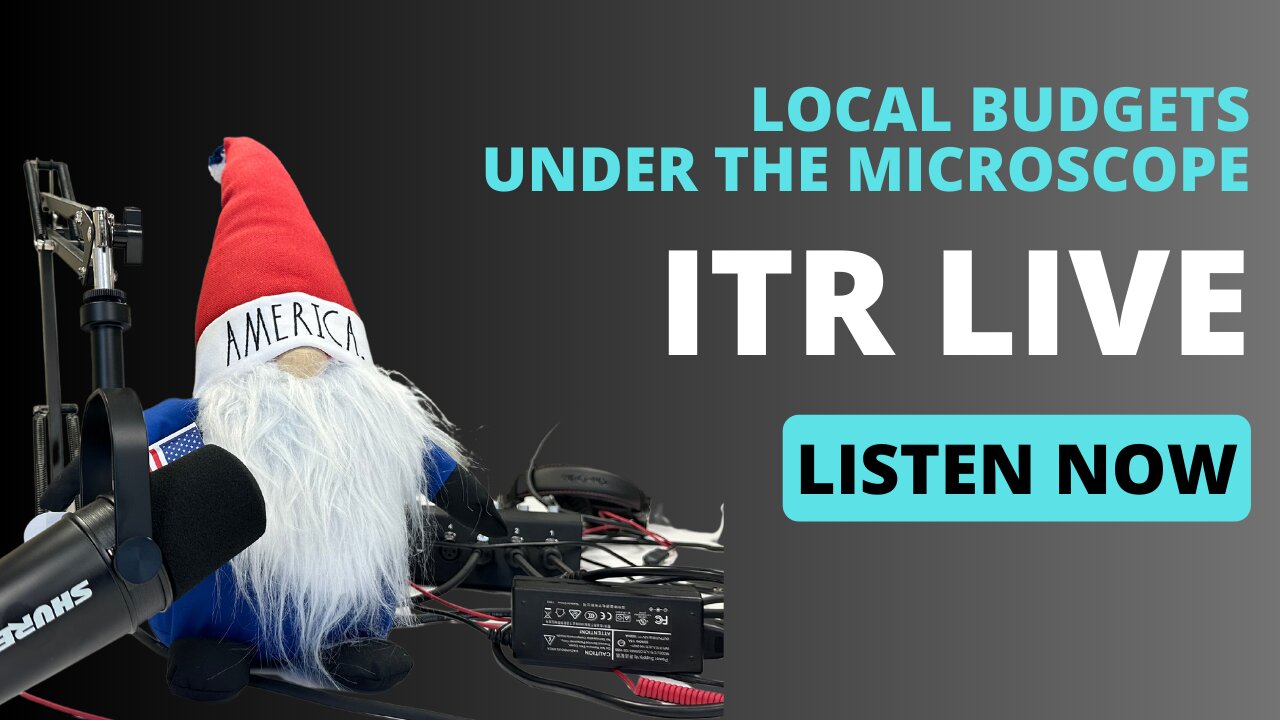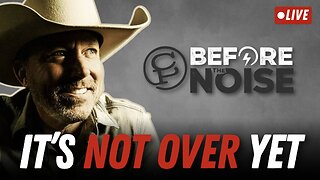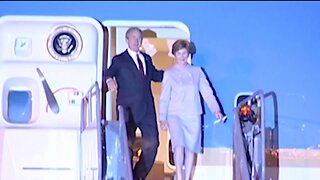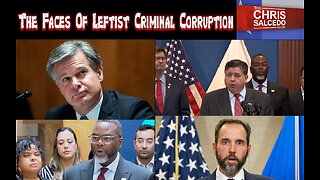Premium Only Content

Local Budgets Under the Microscope: Property Tax Pressures in Iowa
Universal Basic Income (UBI) is a concept that has generated considerable discussion across political and economic spectrums. In essence, **UBI** involves regular, unconditional payments made by the government to individuals, regardless of their employment status or wealth. The idea, popularized by figures such as Andrew Yang during the 2020 presidential campaign, strives to assure a minimum level of income for all, potentially replacing an array of existing social welfare programs.
There is an ongoing debate about the merits and drawbacks of UBI. Proponents argue that it can help alleviate poverty, simplify government welfare schemes, and reduce the administrative overhead associated with various entitlement programs. On the other hand, critics contend that UBI could disincentivize work, lead to higher taxes, and result in inflation. Moreover, the effectiveness of UBI in reducing poverty without discouraging work has been a central point of discussion.
Some local government entities in Iowa have embraced the idea of UBI and have initiated pilot programs. Central Iowa, in particular, has seen collaborations between governmental units and nonprofit organizations to test the viability of UBI. For instance, several hubs including Polk County, the cities of Des Moines, Urbandale, and Windsor Heights have pooled resources, investing around $865,000 into a UBI pilot program.
Citizens in these communities are being selected to receive a few hundred dollars monthly for a period of two years. However, this approach has raised questions about transparency and the selection criteria—how are recipients chosen, and by what standards? While the pilot programs aim to eliminate subjective biases by keeping the selection process "blind," this lack of clarity has caused unease among residents who contribute through taxes but have limited visibility into the allocation of funds.
The debate around the federal regulations concerning the replacement of lead pipes signifies a serious public health and financial dilemma. For many Iowan residents, especially the elderly on a fixed income, the cost of replacing lead pipes can be daunting. Highlighting the case of an elderly homeowner like Sarah Curry’s grandma, the real-life impact of these regulations brings to light larger questions of affordability and practicality.
Communities and local governments are critically examining how to confront the dual challenge of aligning with federal regulations and protecting their residents from financial hardship. This may involve exploring various strategies that balance public health concerns with financial realities.
-
 LIVE
LIVE
LFA TV
10 hours agoLIVE & BREAKING NEWS! | TUESDAY 10/7/25
6,247 watching -
 LIVE
LIVE
Chad Prather
12 hours agoTake Away the Stone: When Faith Meets the Impossible
3,129 watching -
 24:26
24:26
Tucker Carlson
14 hours agoThe 9/11 Files: They Could Have Stopped It | Ep 3
35K31 -
 LIVE
LIVE
The Chris Salcedo Show
10 hours agoIt's Time Justice Was Served
554 watching -
 LIVE
LIVE
Welcome to the Rebellion Podcast
11 hours agoWelcome to the Rebellion Podcast Live 10/7
234 watching -
 19:37
19:37
Chris From The 740
11 hours agoIs the Aimwin PE320 Red Dot Sight the BEST OPTION for Your Pistol?
28 -
 LIVE
LIVE
Game On!
15 hours agoThe GREATEST Monday Night Football Game OF ALL TIME!
1,392 watching -
 18:02
18:02
Demons Row
22 hours ago $2.74 earnedI Rode Into the Most Feared Motorcycle Club in America 💀🔥
8.59K4 -
 2:43
2:43
Blackstone Griddles
1 day agoWalking Tacos on the Blackstone Griddle
2.93K2 -
 LIVE
LIVE
BEK TV
23 hours agoTrent Loos in the Morning - 10/07/2025
199 watching
